Eldoret-based artist William Getumbe, known for his controversial song “Yesu Ninyandue,” has initiated legal action against the Kenya Films Classification Board (KFCB) in the High Court after the board banned his song and demanded a payment of Sh243,200.
The controversy began on March 13, 2024, when Getumbe was arrested at his home for failing to pay the aforementioned fees for filming and licensing after uploading explicit videos related to his song without KFCB approval. At the time, he had gained significant attention due to his two provocative tracks, “Yesu Ninyandue-Imejaa” and “Yesu Ninandue-Nyonga,” which had gone viral on YouTube.
CHECK OUT:
Eric Omondi Demands Apology From KFCB After They Targeted YouTubers
Following his arrest, Getumbe explained that his recent fame had led him to engage with various media outlets to discuss his artistic inspirations. However, on February 29, he received a demand letter from KFCB, signed by communications manager Nelly Muluka Oluoch on behalf of acting CEO Paskal Opiyo. The letter stated that his videos contained blasphemous content, nudity, and vulgar language, none of which had undergone the necessary classification process as required by the Film and Stage Plays Act.
The letter also included a seven-day notice for Getumbe to pay the outstanding fees and remove the videos, warning that failure to comply would lead to his arrest. According to the invoice, he owed Sh190,000 for licensing, Sh38,000 for filming, and Sh15,200 for classification, totaling Sh243,200.
In response to the KFCB’s actions, Getumbe filed a petition on March 6, claiming that the board and its CEO were infringing on his freedom of expression, discriminating against him, and imposing an unreasonable ban on his content creation across various platforms, including YouTube, TikTok, Twitter, and Facebook. He pointed out that the case was scheduled for its first mention on April 29, 2014, shortly after his arrest, which was confirmed by Ms. Olouch.
ALSO CHECK OUT:
KFCB chair quickly rescinds demand letters issued to YouTube content creators
In his submissions to Justice Lawrence Mugambi, Getumbe criticized KFCB for overstepping its authority, arguing that the regulations set forth in a 1962 act do not apply to modern content creation. He emphasized that technological advancements have transformed how audiovisual media is consumed, making it accessible via smartphones, and that restrictions on this content would violate privacy rights and freedom of expression.
Getumbe further questioned KFCB’s authority to regulate online content, suggesting that the board was misinterpreting its powers by attempting to govern social media and internet content under outdated laws. He noted that while foreign videos displayed in Kenya are not subjected to such regulations, KFCB’s actions disproportionately affect local content creators.
In their defense, KFCB and its CEO argued that they had received numerous complaints regarding Getumbe’s music videos, which had not been licensed or classified. They cited sections of the Films and Stage Plays Act that grant them the authority to approve or deny films based on their potential






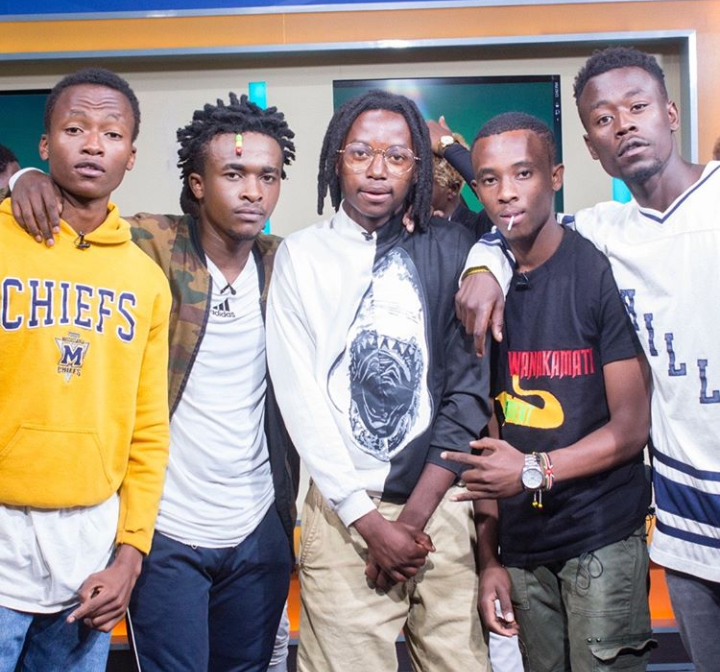
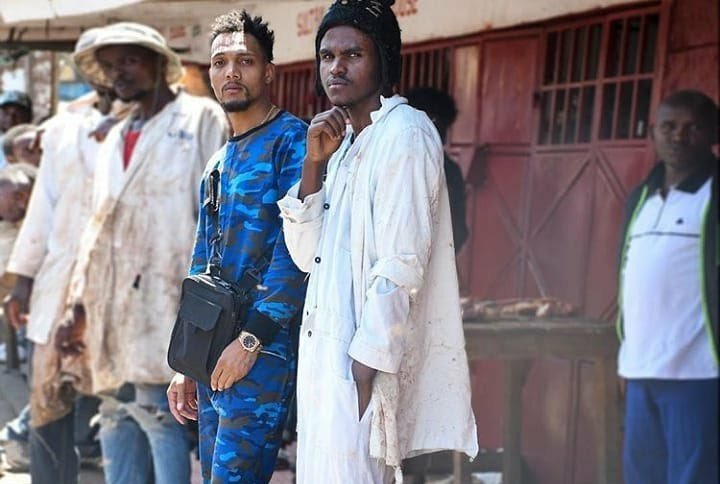
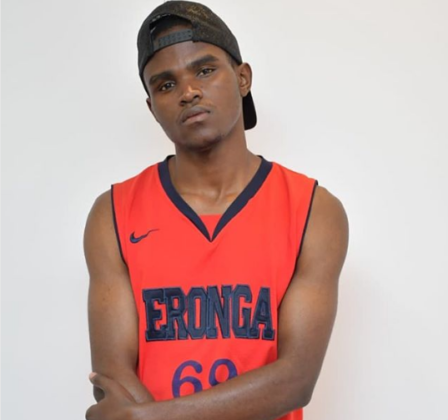
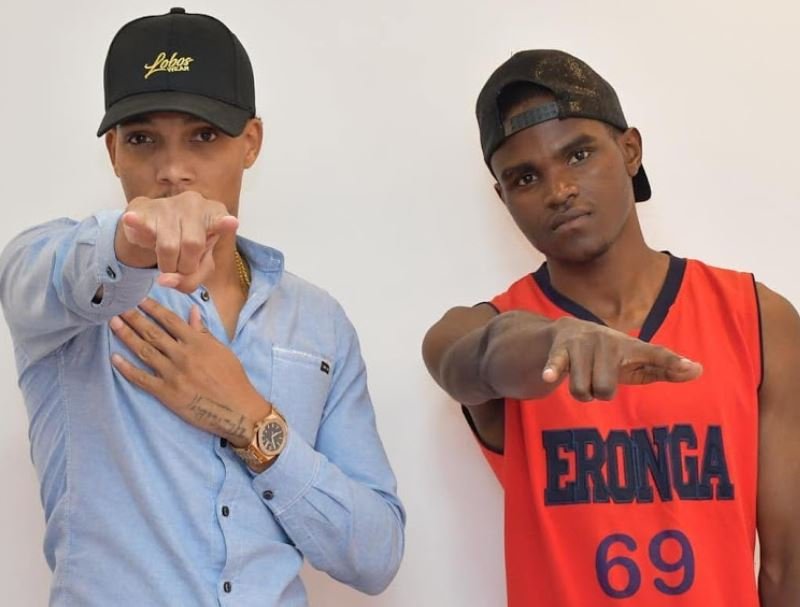
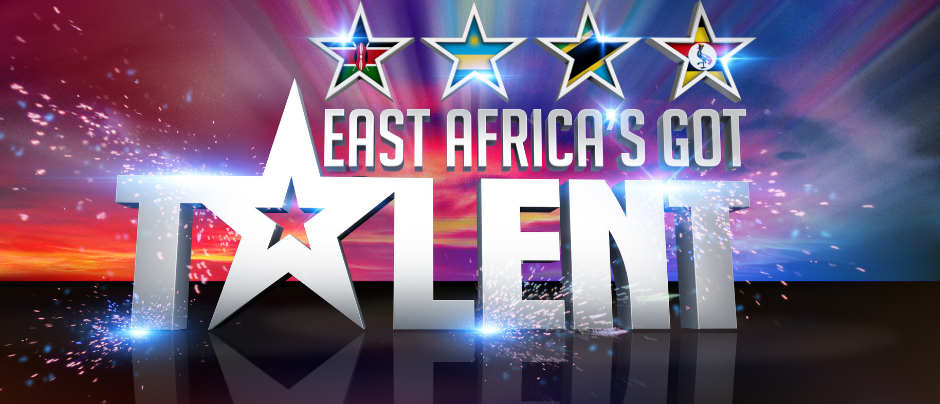
 Kenya´s CS for Sports and Culture, Amina Mohammed
Kenya´s CS for Sports and Culture, Amina Mohammed
 Kenyan CS, Amina Mohammed with Ugandan comedian, Ann Kansiime
Kenyan CS, Amina Mohammed with Ugandan comedian, Ann Kansiime During the launch of East Africa´s Got Talent show in Nairobi, Tuesday
During the launch of East Africa´s Got Talent show in Nairobi, Tuesday Judges from previously hosted globally Got Talent Shows
Judges from previously hosted globally Got Talent Shows Judges during the heated Got Talent shows, previously
Judges during the heated Got Talent shows, previously
